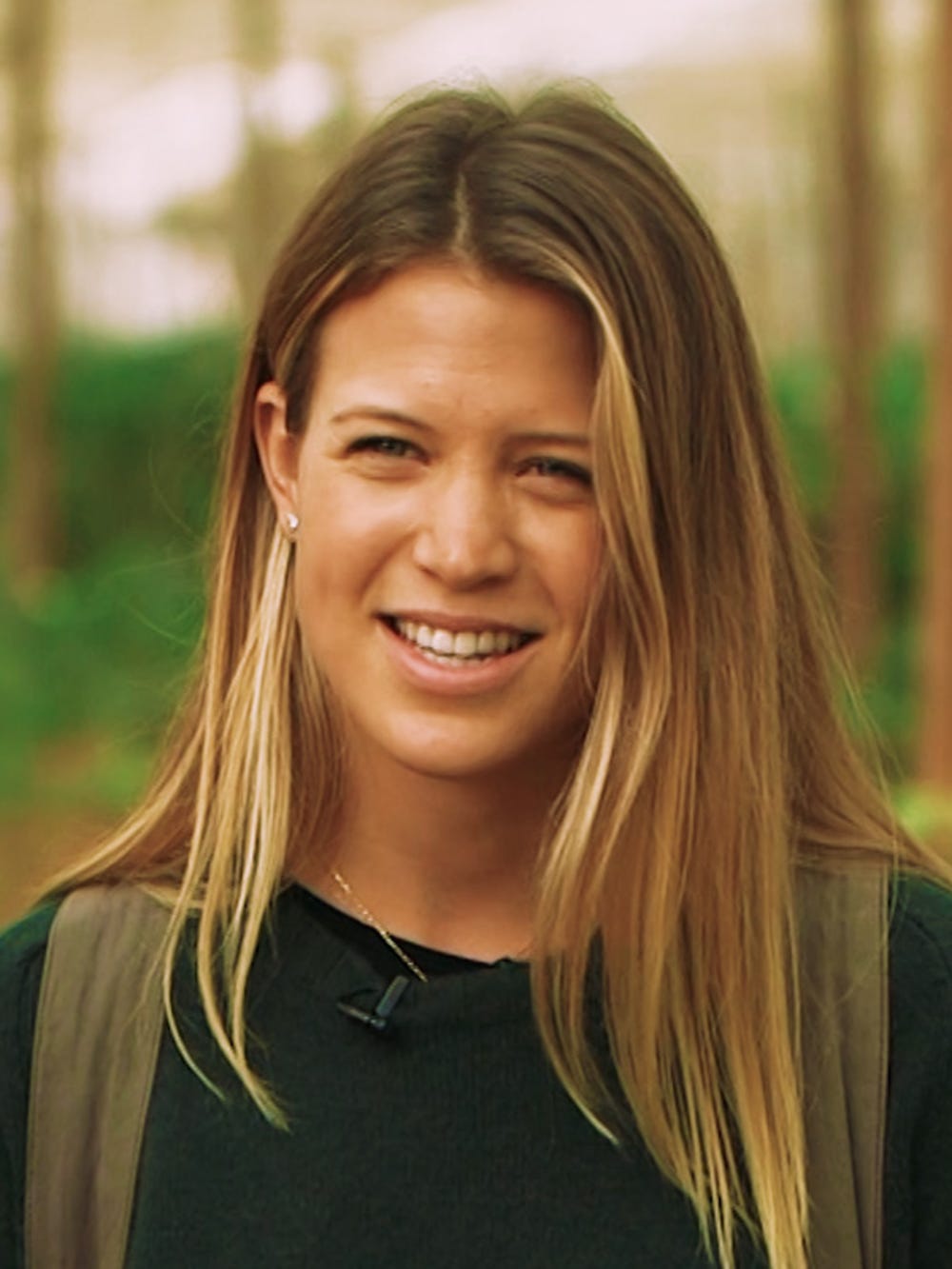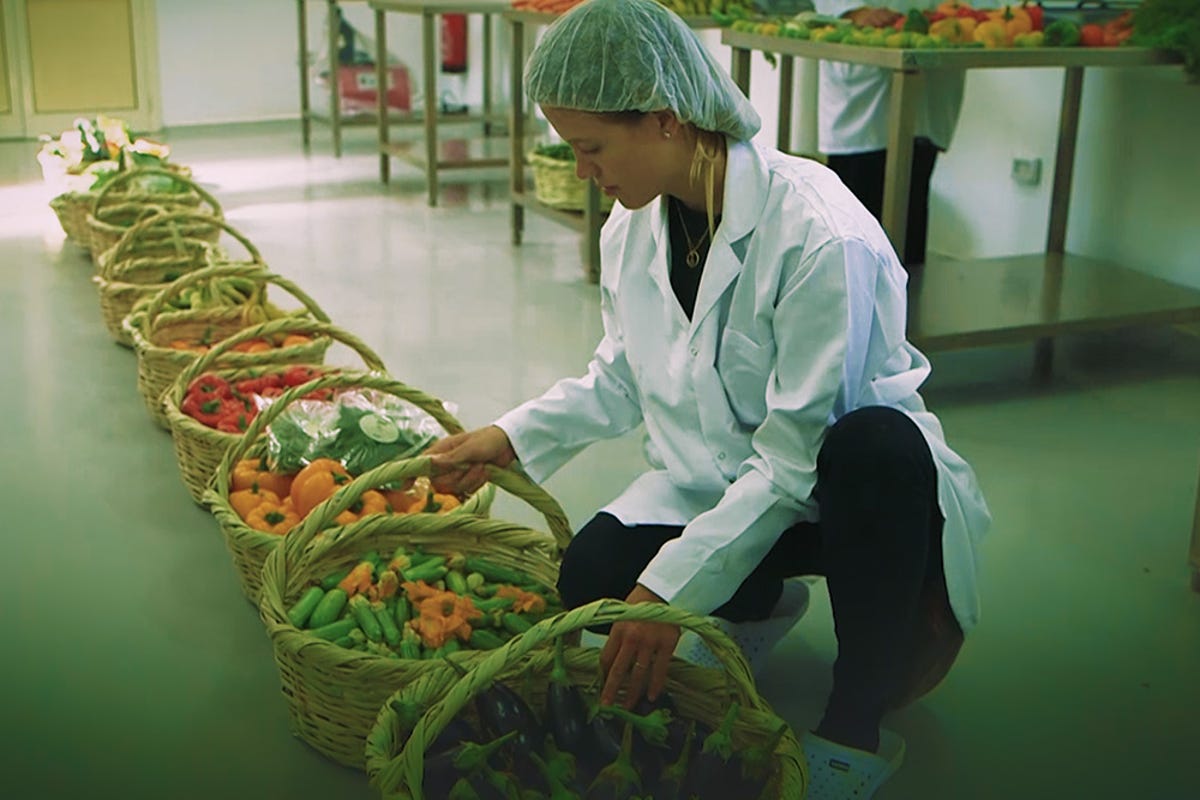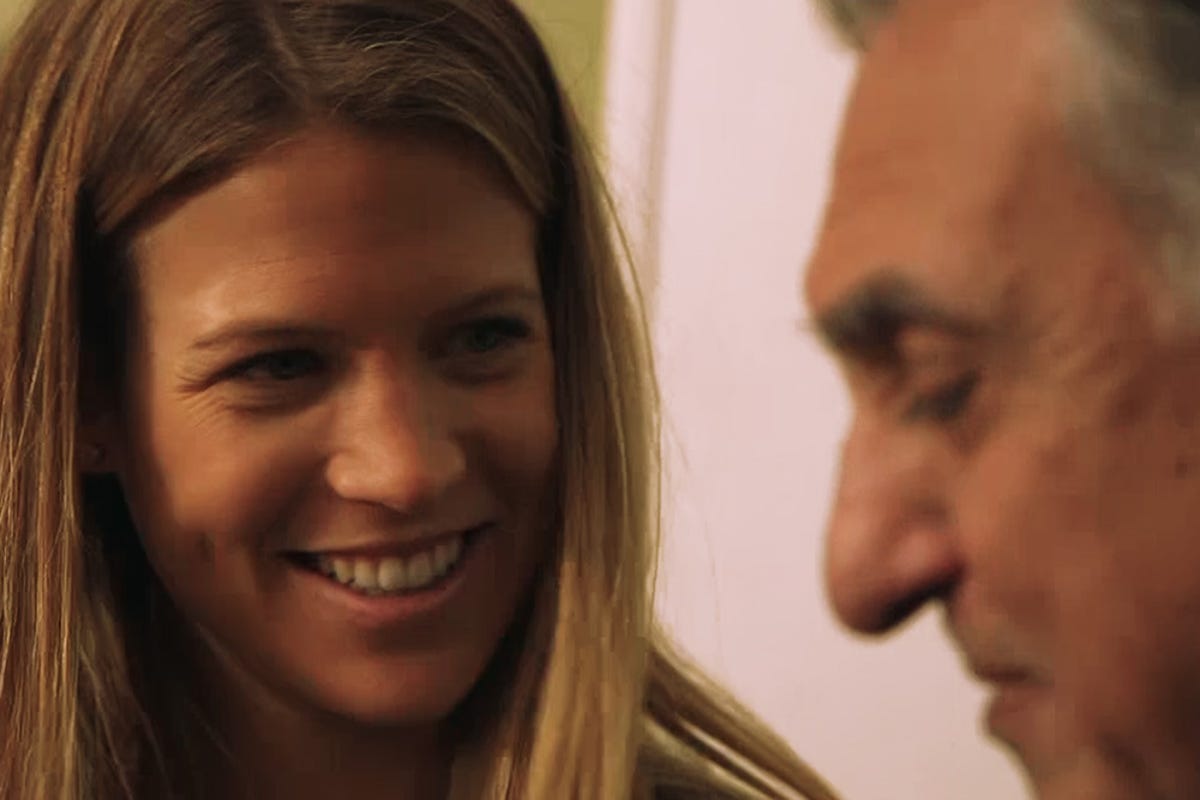Fellow Portrait
Sara-Kristina Hannig Nour
Sara and Lara's Baskets

Updated March 2017
Growing up on her family’s farm in Switzerland, Sara-Kristina Hannig Nour was accustomed to easy access to fresh produce. When Sara moved to Egypt to begin a Master’s Degree in organic farming at Cairo University she found that this was not always the case.
Despite being blessed with hours of daily sunshine, Sara found that Egypt suffers from a dearth of healthy produce options, with city dwellers lacking access to high quality, healthy food. Sara says, “Arriving in Egypt six years ago, I was amazed by the produce available. I quickly came to realise that because of chemical and pesticide usage what looked beautiful on the outside was not always good for the inside.”
After selling organic cucumbers at a farmers’ market in Cairo, Sara realised Egyptians wanted to buy vegetables from a trustworthy source that was genuinely healthy. In January 2014, Egypt’s first foray into farm-to-table delivery was established, Sara and Lara’s Baskets. They delivered weekly shipments of organic, seasonal produce, fresh from the field and direct to customers in the city, all in locally handwoven baskets.
A typical basket is composed of Sara’s Organic Food, grown on Desert Lake Farms, a formerly vast stretch of desert between Cairo and Alexandria, and Lara’s Premium Produce, sourced from neighbouring farms, which grow responsibly. The main crops grown are grapes, mangoes, pomegranates and dates, as well as a variety of vegetables and herbs. Desert Lake Farms, which is owned and operated by Sara’s family, is also home to a colony of bees, an egg laying flock of hens and animals adopted from a local shelter who provide manure for nutrient-rich compost.
The titular baskets are woven traditionally in the Monufia Governorate in northern Egypt, and are reusable. Baskets can be ordered online and cost between $US20 and $US45, depending on size and contents. Sara and Lara’s Baskets are proud to be truly environmentally friendly and ecologically sound. As their produce is delivered from the source direct to the customer, this reduces associated carbon emissions and the naturally grown and primarily organic produce retains nutrients usually lost through transport and shelf-sitting, meaning customers enjoy healthier eating compared with vegetables purchased from a traditional store.
There are around 20 million people living in Cairo, all of whom would like to have access to healthy agricultural produce.

A Healthy Mindset
While the business started by only distributing its baskets to residents in Cairo, the business now delivers to Alexandria as well. Approximately 75% to 80% of the business is repeat, so maintaining customer relationships is crucial.
“We currently send out around 100 baskets a week – but we’d like to sell many more every week. Right now, we need to improve our customer relations and improve our logistics.” The total market in Egypt is 1.5 million households with customers coming from two main categories: subscription-based buyers - primarily mothers who are convinced of the benefits of eating healthier; and aspirational buyers who are interested in trying organic food.
In five years, the business hopes to be a mainstay of Egyptian organic fruit and vegetable supply, whilst continuing to make an impact and raising awareness about the benefits of organic and natural produce. “People appreciate our transparency - they love to know more about their food. People no longer just eat things; they need to know where it was grown and what has gone into the process of creating the food.” Sara and Lara’s Baskets is an inspiring and unique business that saw a gap in the market to revolutionise organic food in Egypt, as well as support the country’s agricultural community and heritage. Nourishing an ever-growing healthy organic mindset, the business is well on its way to helping Egyptians reap the benefits of eating in a more natural way.
By changing the sequence of how people receive fresh produce, and giving them the power to ask for what they want, this is how we disrupt the industry.



